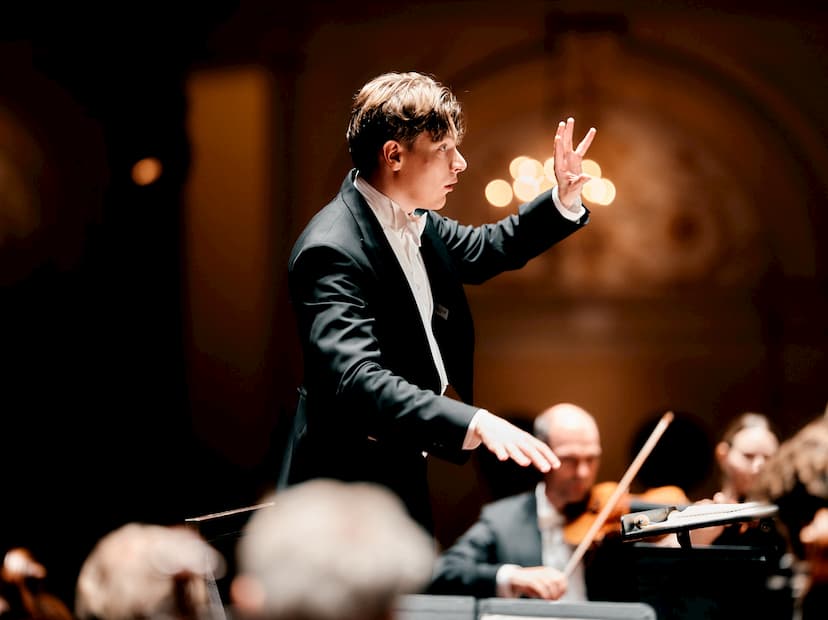About this concert
Anton Bruckner, who was deeply religious, built great musical cathedrals to honour God. The monumental Eighth Symphony is a perfect example. Bruckner’s Eighth is a mighty fortress and a thrilling ride from darkness into light. Its world is, by turns, complex, gracious, peaceful, and turbulent – Bruckner invites you in, takes you along, and never lets you go.
The long opening theme of the first movement also contains the seeds for the other two themes. In the Finale, Bruckner ultimately achieves a grand climax of the symphony by juxtaposing four themes from different movements. The composer called his Eighth Symphony ‘a mystery.’
On October 2, 1920, the Concertgebouw Orchestra gave the Dutch premiere. In one of the newspapers, the performance was called ‘most splendid’; in another, the reviewer noted ‘that many attendees’ left the hall before the finale. The time was not yet ripe for Bruckner. Not until the 1950s did the Concertgebouw Orchestra truly become a Bruckner Orchestra.
Bruckner invites you in, takes you along, and never lets you go.







